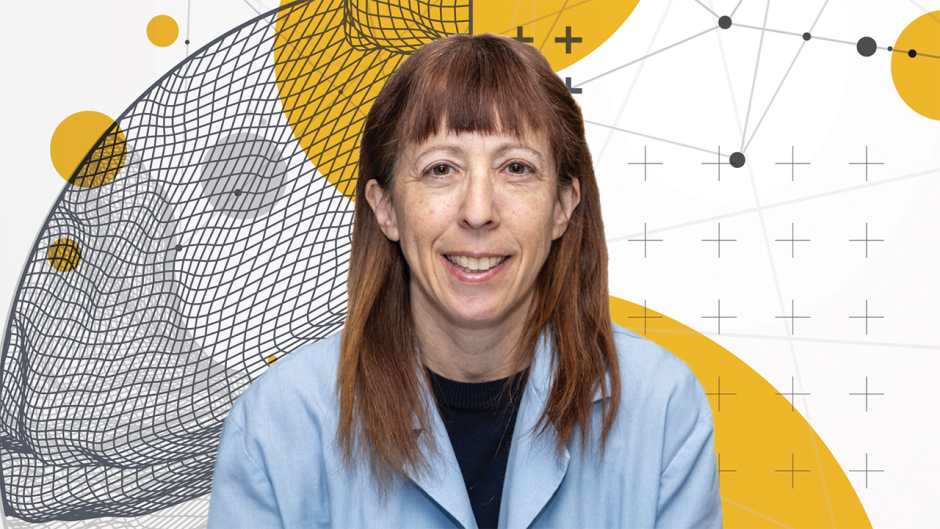Reviewed by Danielle Ellis, B.Sc.Dec 6 2023
Cheryl Rosenfeld has dedicated three decades to investigating the transmission of biological information from mothers to babies during pregnancy.
 MU’s Cheryl Rosenfeld. Image Credit: University of Missouri.
MU’s Cheryl Rosenfeld. Image Credit: University of Missouri.
This research holds a personal significance for Rosenfeld, as her niece Sara experienced prenatal exposure to sedative drugs. While Sara was born healthy, she began encountering respiratory, neurological, and other health challenges during her teenage years.
While I can’t reverse what was done to my niece, Sara, I can try to prevent similar things from happening to other children by learning more about how biological information gets transported during pregnancy.”
Cheryl Rosenfeld, Professor, Biomedical Sciences, College of Veterinary Medicine, University of Missouri
Rosenfeld added, “The sooner we can identify abnormalities in fetal brain development, the sooner we can diagnose the potential for disorders to surface later in the baby’s life.”
Special Delivery
The placenta, an organ that forms in the uterus during pregnancy, plays a crucial role. It enables communication between the fetus and the mother by transferring proteins, lipids, micro RNA, and neurotransmitters to the fetal brain throughout pregnancy.
In a groundbreaking study by Rosenfeld, researchers are now gaining insights into the precise mechanism through which this biological information is transported to the developing brain.
Rosenfeld discovered that minute extracellular vesicles, resembling bubble-like microparticles produced by placental cells, serve as a protective “shipping-and-handling” system, facilitating the transfer of vital biological information from the placenta to emerging neurons.
These findings have the potential to contribute to earlier diagnoses of neurological disorders, including autism spectrum disorders (ASD) or schizophrenia.
We’ve long known what information travels between the placenta and fetal brain, but we’ve never known how it gets there. The extracellular vesicles are the missing link.”
Cheryl Rosenfeld, Professor, Biomedical Sciences, College of Veterinary Medicine, University of Missouri
Sampling these structures either during pregnancy through maternal blood or at birth via the placenta could potentially result in early diagnosis and the ability to prevent neurobehavioral diseases.
Presently, individuals with neurological disorders might not receive a diagnosis until clinical signs and symptoms manifest, which may not occur until the individual is a few years old. Identifying disorders during pregnancy would allow interventions to commence much earlier, ultimately improving long-term health outcomes.
A Pioneer in her Field
Rosenfeld’s research has also contributed to a better understanding among scientists and healthcare professionals of how medications or chemicals exposed to the fetus through pregnant mothers may unintentionally lead to long-term harm.
For instance, her 2022 study revealed that prenatal opioid exposure could potentially induce neurological and behavioral changes later in life. Additionally, her 2021 study demonstrated that exposure of placentas to bisphenol A (BPA) from the mother could adversely affect the fetal brain development of the offspring.
In recognition of her efforts to advance biomedical sciences and her distinguished contributions to the field of reproductive biology, Rosenfeld was named a Fellow of the American Association for the Advancement of Science (AAAS) in the Medical Sciences division in 2021.
Source:
Journal reference:
Kinkade, J. A., et al. (2023) Extracellular vesicles from mouse trophoblast cells: Effects on neural progenitor cells and potential participants in the placenta–brain axis Get access Arrow. Biology of Reproduction. doi.org/10.1093/biolre/ioad146.